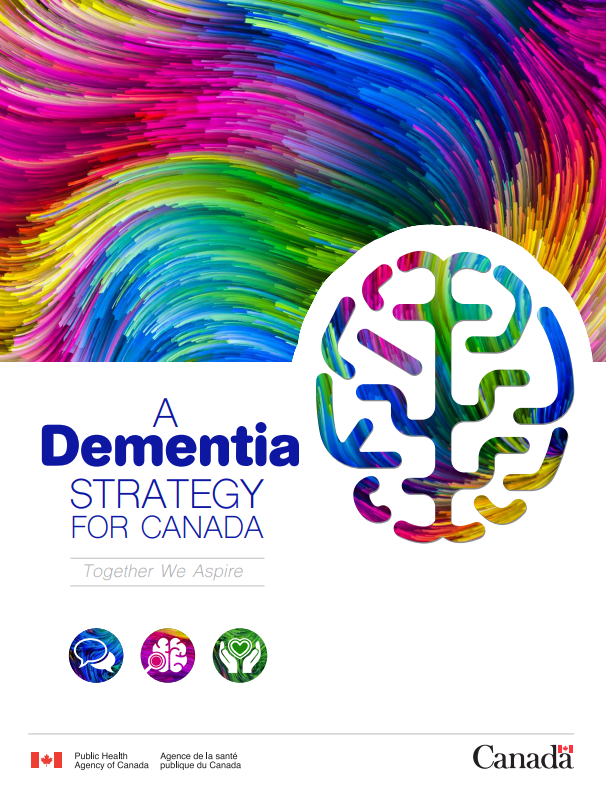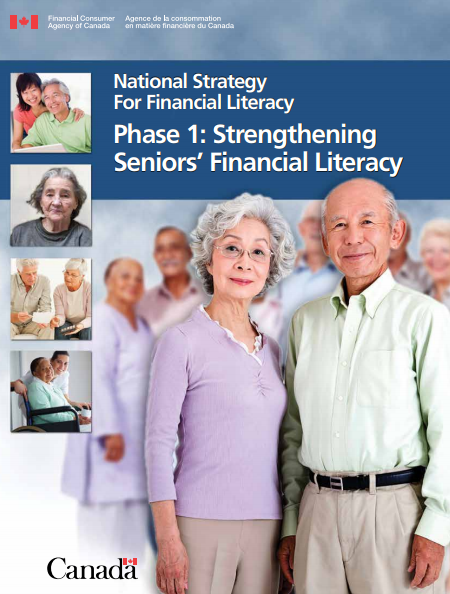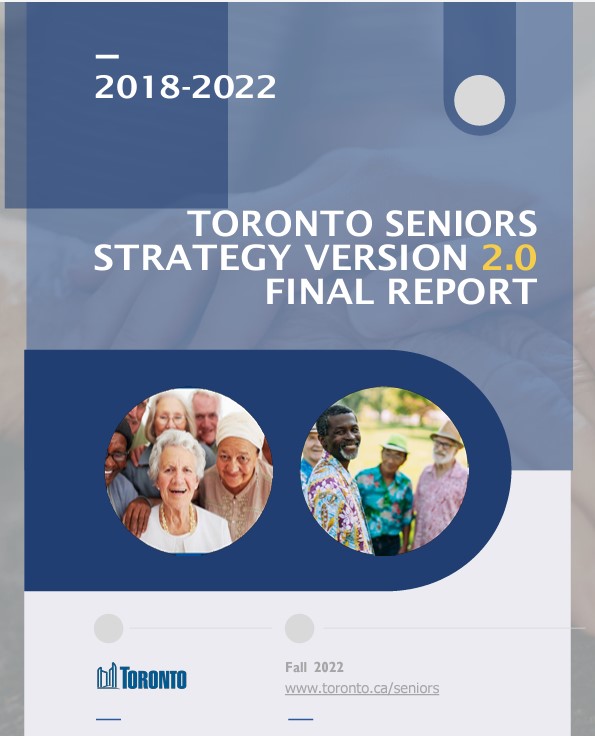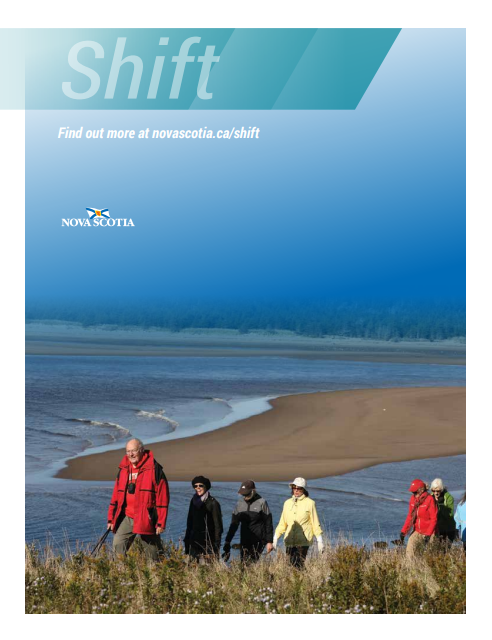Government Strategies
 On August 3rd, 2020, the Decade of Healthy Ageing was endorsed by the 73rd World Health Assembly.
On August 3rd, 2020, the Decade of Healthy Ageing was endorsed by the 73rd World Health Assembly.
"What is the Decade of Healthy Ageing?
The Decade of Healthy Ageing (2020-2030) is an opportunity to bring together governments, civil society, international agencies, professionals, academia, the media, and the private sector for ten years of concerted, catalytic and collaborative action to improve the lives of older people, their families, and the communities in which they live.
Populations around the world are ageing at a faster pace than in the past and this demographic transition will have an impact on almost all aspects of society. The world has united around the 2030 Agenda for Sustainable Development: all countries and all stakeholders pledged that no one will be left behind and determined to ensure that every human being can fulfil their potential in dignity and equality and in a healthy environment.
A decade of concerted global action on Healthy Ageing is urgently needed. Already, there are more than 1 billion people aged 60 years or older, with most living in low- and middle-income countries. Many do not have access to even the basic resources necessary for a life of meaning and of dignity. Many others confront multiple barriers that prevent their full participation in society.
Following the 146th WHO Executive Board's recommendation made in February 2020 (Decision EB146/13), the 73rd World Health Assembly have endorsed the proposal for a Decade of Healthy Ageing (2020-2030) through written silence procedures.
Member States have asked the Director-General to report back on progress on its implementation every 3 years during the Decade. The Health Assembly also asked the Director-General to transmit this decision to the Secretary-General of the United Nations for consideration of the proposal for the Decade by the United Nations General Assembly."
Source: World Health Organization
 "The vision for this strategy is bold and reflects the aspirations of the many individuals and organizations who contributed to its development. The actions undertaken to achieve the strategy’s national objectives may evolve over time, but every action will bring Canada closer to the vision of a Canada in which all people living with dementia and caregivers are valued and supported, quality of life is optimized, and dementia is prevented, well understood, and effectively treated.
"The vision for this strategy is bold and reflects the aspirations of the many individuals and organizations who contributed to its development. The actions undertaken to achieve the strategy’s national objectives may evolve over time, but every action will bring Canada closer to the vision of a Canada in which all people living with dementia and caregivers are valued and supported, quality of life is optimized, and dementia is prevented, well understood, and effectively treated.
Key to achieving this vision are five principles setting out values to guide the implementation of efforts in support of the national objectives and their areas of focus. In implementing the strategy, governments, non-governmental organizations, community organizations and others working on dementia should:
- Prioritize quality of life for people living with dementia and caregivers;
- Respect and value diversity to ensure an inclusive approach, with a focus on those most at risk or with distinct needs;
- Respect the human rights of people living with dementia to support their autonomy and dignity;
- Engage in evidence-informed decision making, taking a broad approach to gathering and sharing best available knowledge and data; and
- Maintain a results-focused approach to tracking progress, including evaluating and adjusting actions as needed."
Source: Public Health Agency of Canada
 In Economic Action Plan 2013, the Government identified seniors as a priority group and committed to implementing a financial literacy strategy that specifically responds to seniors’needs. This document, which has been refined through consultation with Canadians and stakeholder organizations involved in financial literacy, responds to that commitment and is the first component of the national strategy for financial literacy for all Canadians.
In Economic Action Plan 2013, the Government identified seniors as a priority group and committed to implementing a financial literacy strategy that specifically responds to seniors’needs. This document, which has been refined through consultation with Canadians and stakeholder organizations involved in financial literacy, responds to that commitment and is the first component of the national strategy for financial literacy for all Canadians.
Canada’s seniors are a diverse group, with wide-ranging backgrounds, interests, preferences and financial situations. Thus, initiatives to strengthen financial literacy must be based on a solid understanding of the needs of different groups of older Canadians and tailored to address those needs. Canadians are working longer, living longer and leading more active lives than ever before.
Current seniors and Canadians approaching their senior years often face unique financial challenges as they enter and move through this phase in their lives. Whether they are still working, preparing to fully or partially retire, or have already retired, seniors face important decisions related to their money. As the first phase of the National Strategy for Financial Literacy, Strengthening Seniors’ Financial Literacy focuses on helping ensure that current and future seniors can make sound decisions that will contribute to their financial well-being.
Source: Financial Consumer Agency of Canada
 '' The first Toronto Seniors Strategy 2013-2018, transformed Toronto into an age-friendly city, receiving official designation and recognition as a member of the Global Age-Friendly Cities and Communities Network from the World Health Organization.
'' The first Toronto Seniors Strategy 2013-2018, transformed Toronto into an age-friendly city, receiving official designation and recognition as a member of the Global Age-Friendly Cities and Communities Network from the World Health Organization.
Building upon the success of the first Seniors Strategy (which implemented 90 of its 91 recommendations), the City worked with the Accountability Table and 10,000 seniors and care partners to co-create the Toronto Seniors Strategy 2.0 aligning with the Council term 2018-2022.
This report represents the final culmination and completion of Toronto Seniors Strategy 2.0. The Toronto Seniors Strategy Accountability Table is a network of City partners committed to making Toronto a more age-friendly, age-inclusive and ultimately ageequitable place for a diverse population of seniors to call home. Version 2.0 of the Toronto Seniors Strategy has 27 high-impact recommendations across five action areas: health, housing, transportation, employment/income and access to services.''
Source: City of Toronto
Page 1 of 4


















